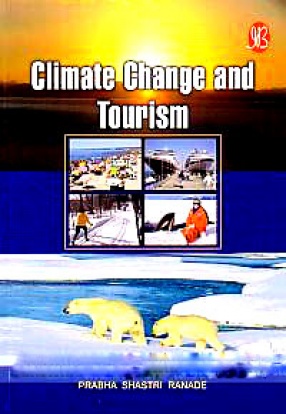
Prabha Shastri Ranade

Showing all 15 books

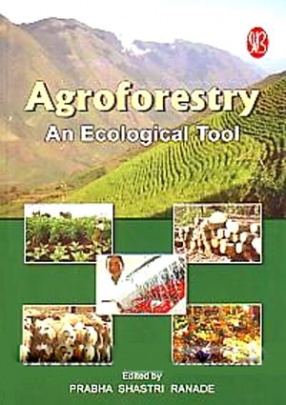
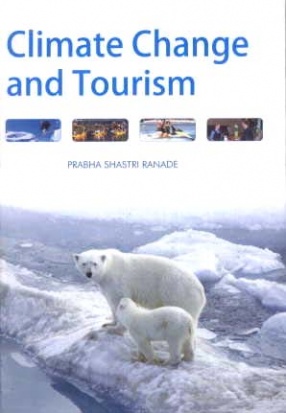



Climate change is now seen as a fundamental issue with major implications for tourism Tourism is the most climate dependent economic sector. The spectacular growth of tourism provides both challenges and opportunities. Tourism activity is expected to grow in the next 20-30 years due to globalization demographic changes leisure and lifestyle. The tourism industry has a key role to play in confronting the challenge of climate change. For the global tourism ...

The Konkan Railway (KR) alignment literally carved out of the Western Ghats passes through one of the most difficult and formidable terrain in India, both physically and geologically. Its massive railway structures have become admired features and due to its engineering marvels KR itself has become a tourist attraction. A secondary data based study covering the period from pre-construction to completion and full length operation (1989-2001)—this ...
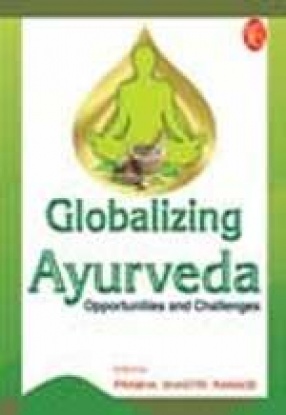
Ayurveda means the science of life. According to a WHO report, over 80% of the world population relies on traditional medicine, largely plant based for their primary healthcare needs. Ayurveda is one among the traditional and the oldest holistic medical system of the world. An increasing number of people around the world are turning towards Ayurveda among all the Complementary and Alternative Medicines (CAM) for the numerous unique benefits offered by it. It ...
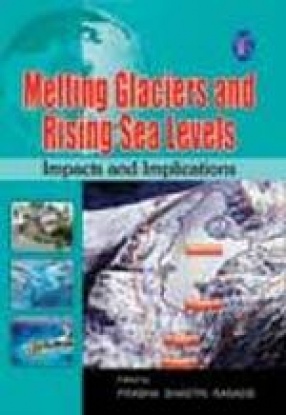
The melting of glaciers has become a major focus of concern in global warming. An overview of retreating glaciers presents an alarming scenario with potentially devastating consequences. Over two third of the earth’s area consists of oceans. Sea level rise due to glacier melting is associated with damage to coastal infrastructure and the likelihood of displacement of coastal communities. Understanding the impacts of retreating glaciers and sea level rise is ...
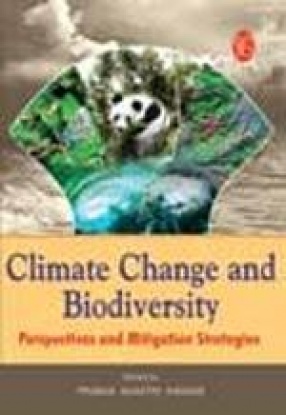
Every year 22nd May is celebrated as International Day for Biological Diversity. The theme of this day in 2007 was "Biodiversity and climate change." Global climate change is the most severe environmental threat in the 21st century. The effects of climate change on biodiversity are far-reaching. Biodiversity is the foundation for the goods and services provided by ecosystems that are crucial to human survival and well-being. Forest diversity is ...
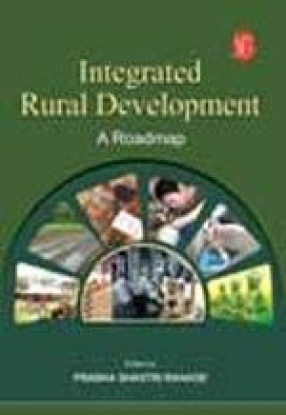
Integrated Rural Development (IRD) is concerned with economic growth, poverty alleviation, raising the living standard of the rural people and providing adequate minimum basic needs. Modern technology has the potential to achieve this, if properly harnessed. Agriculture needs to be modernized for achieving the objective of integrated rural development. Integrated rural development can be achieved by bringing in modern agricultural technologies in the rural and ...

Management in sports is emerging as a specialized and technical field these days. Considering the key role of sports in national life, its management assumes significance. Activities relating to sports and physical education are essential components of human resource development, helping to promote good health, comradeship and a spirit of friendly competition, which, in turn, have a positive impact on the overall development of personality of the youth. ...
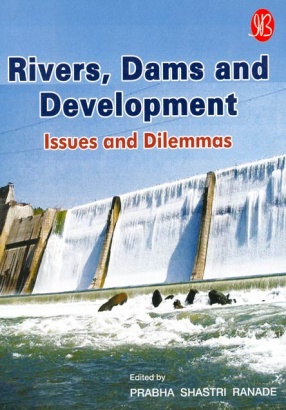
Dams have emerged as one of the most important tools for the management of rivers. More than 45,000 large dams around the world have played an important role in helping communities and economies harness water resources for food production, energy generation, flood control and domestic use. The benefits derived from large dams have made a significant contribution to human development. Floods have taken a large toll of human lives over the years and also caused ...
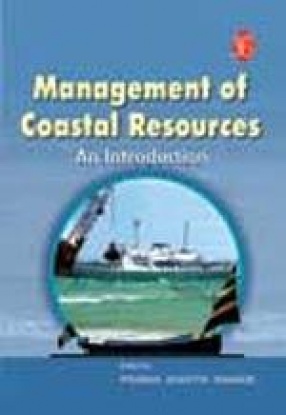
India is surrounded on three sides by ocean and has one of the largest coastlines of 7,500 km. The coastal areas have a vast economic potential and attract tourists from all over the world to their beach resorts blessed with unparalleled scenic beauty. The coastal location where land and sea meet happens to be environmentally fragile. The erosion of coastline due to climatic changes and destruction of mangroves have exposed the coastline to the ravages of ...
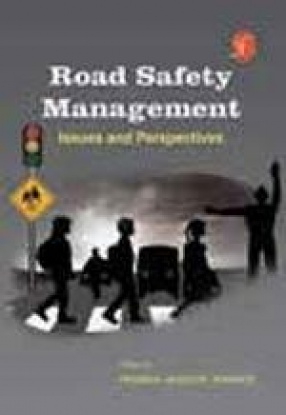
TRoads are the main arteries of a city. A road network and its standard indicate the status of a city. Road transportation is under stress due to an increase both in population and vehicles. The expansion of road infrastructure is not in sync with an increase in population and hence improper traffic management practices especially in developing countries. The apathy shown towards the road transportation system, lack of enforcement and improper road culture have ...

Natural disasters have always fascinated scientists and the common man alike. Unprecedented and unimaginable in scale, natural disasters have the capacity to change the face of Nature. Natural disasters are an area of multidisciplinary research and policy analysis. In spite of technological advancement, man is unable to predict or control disasters. The perennial question is ‘Is disaster natural or manmade?’ The answer cannot be either but a mixed one. To ...

Ecotourism or nature travel has become the fastest growing segment of the tourism industry. Taking into consideration the growing importance of ecotourism at the global level, the United Nations had declared 2002 the International Year of Ecotourism, and organized the first Global Ecotourism Conference in 2002. The next major global conference on ecotourism was organized at Oslo by UNEP in May, 2007. It reviewed the achievements in the ecotourism field and ...

